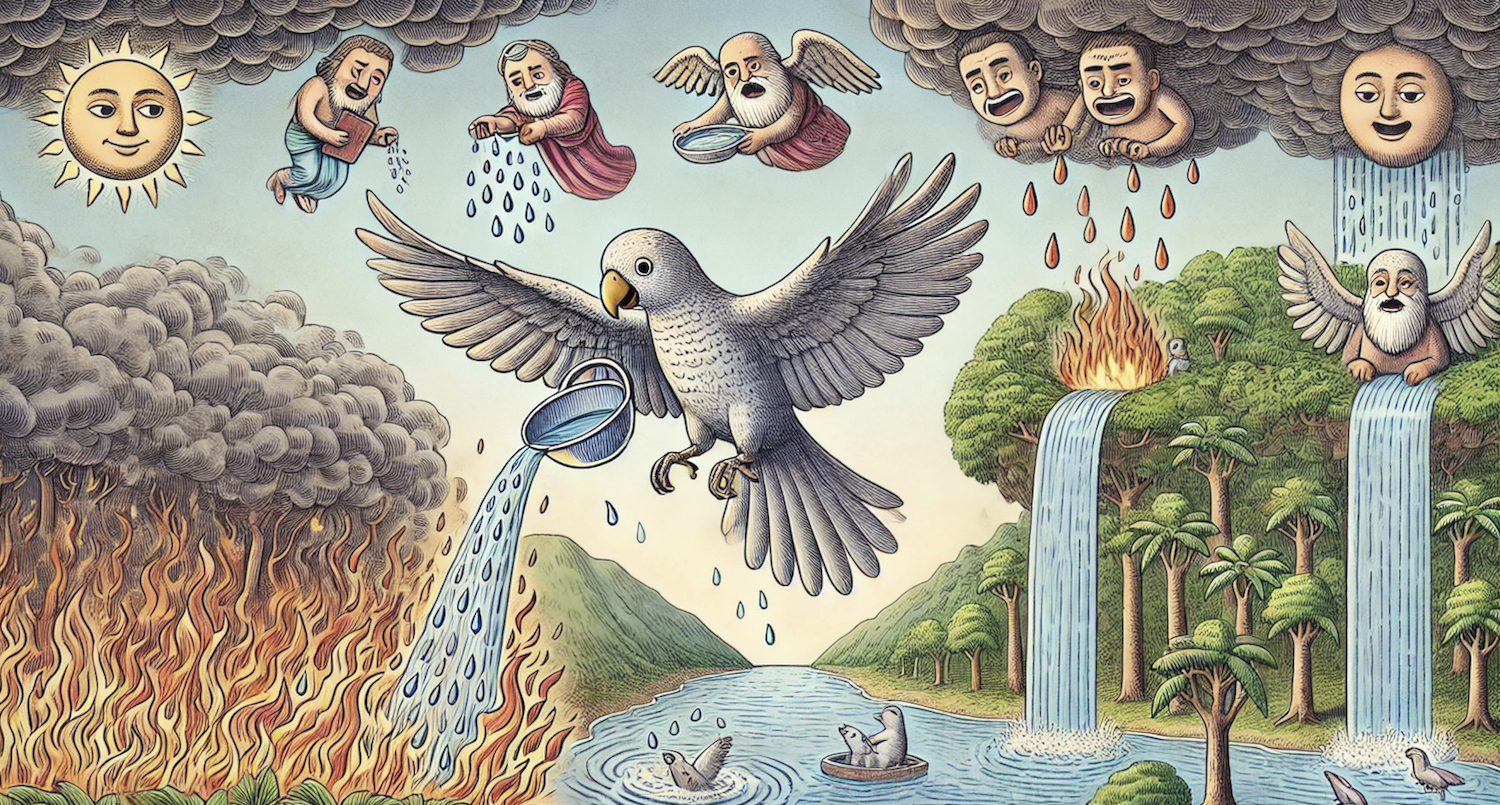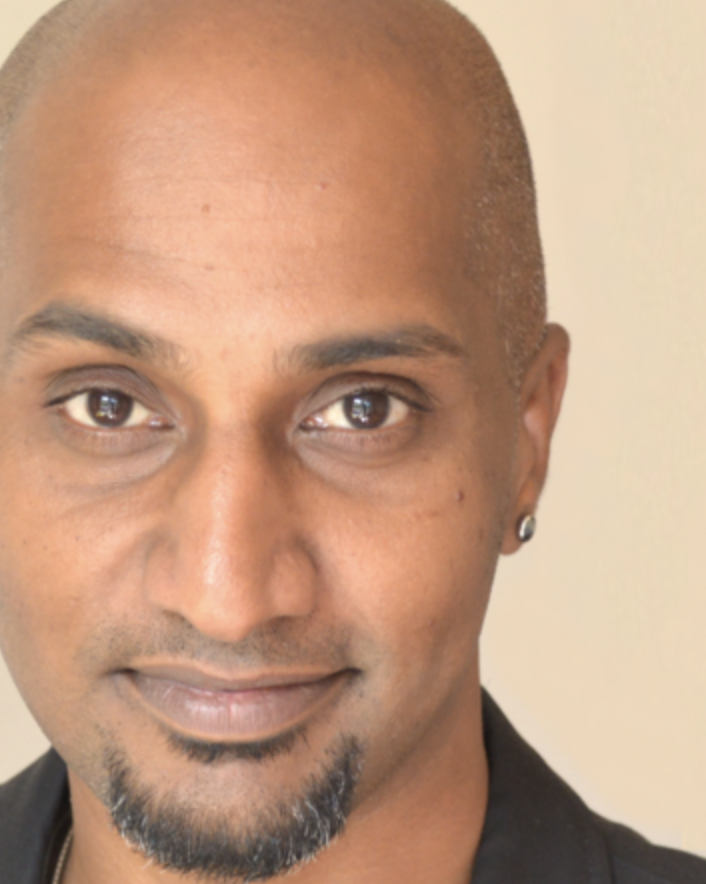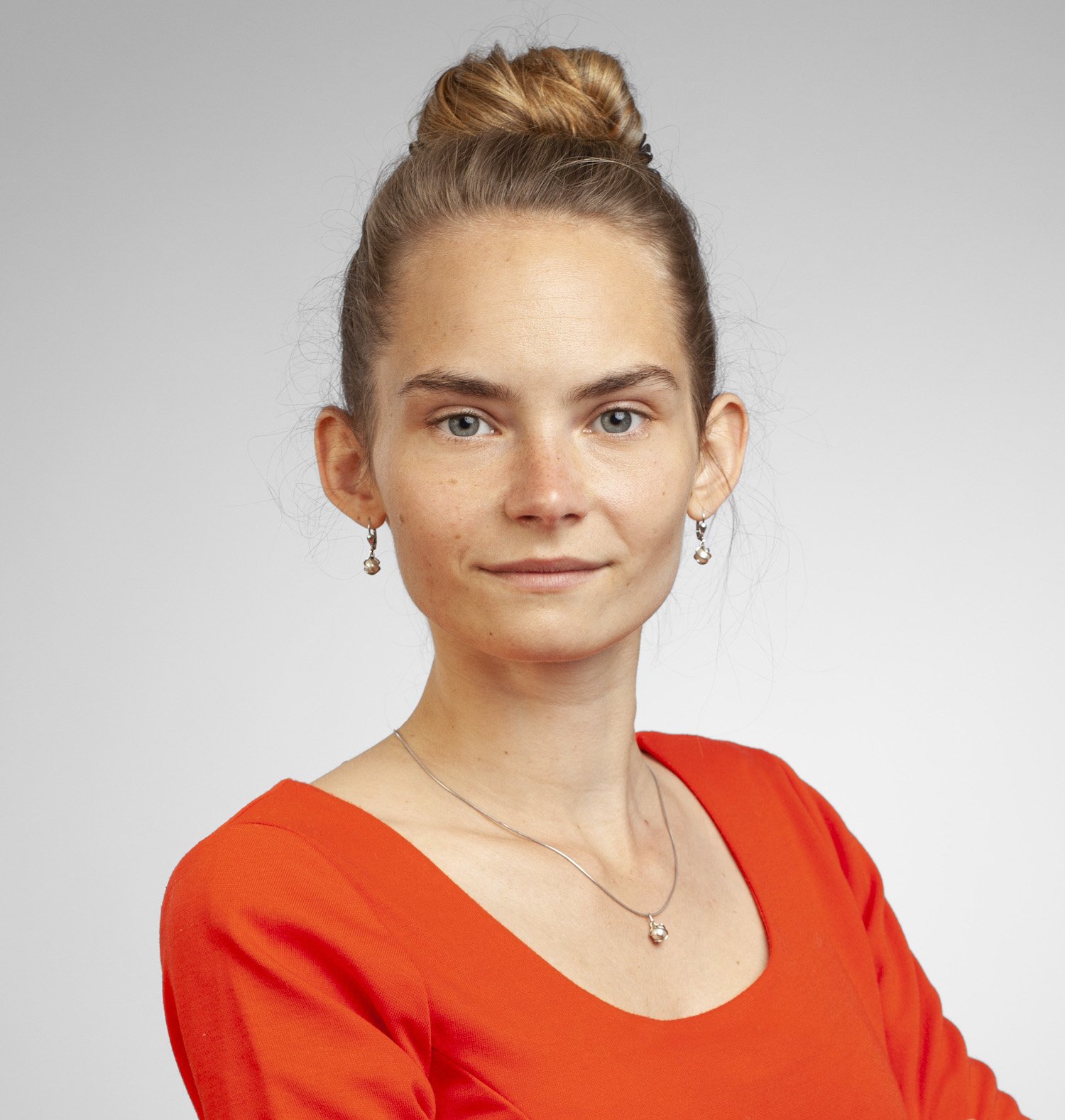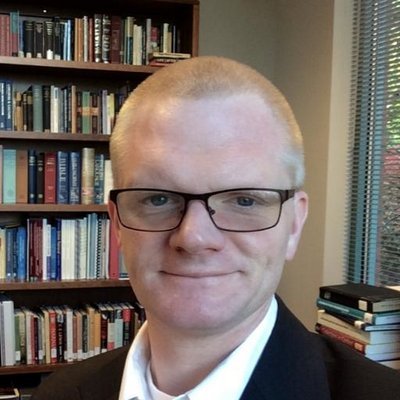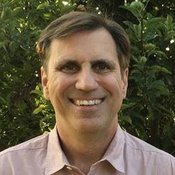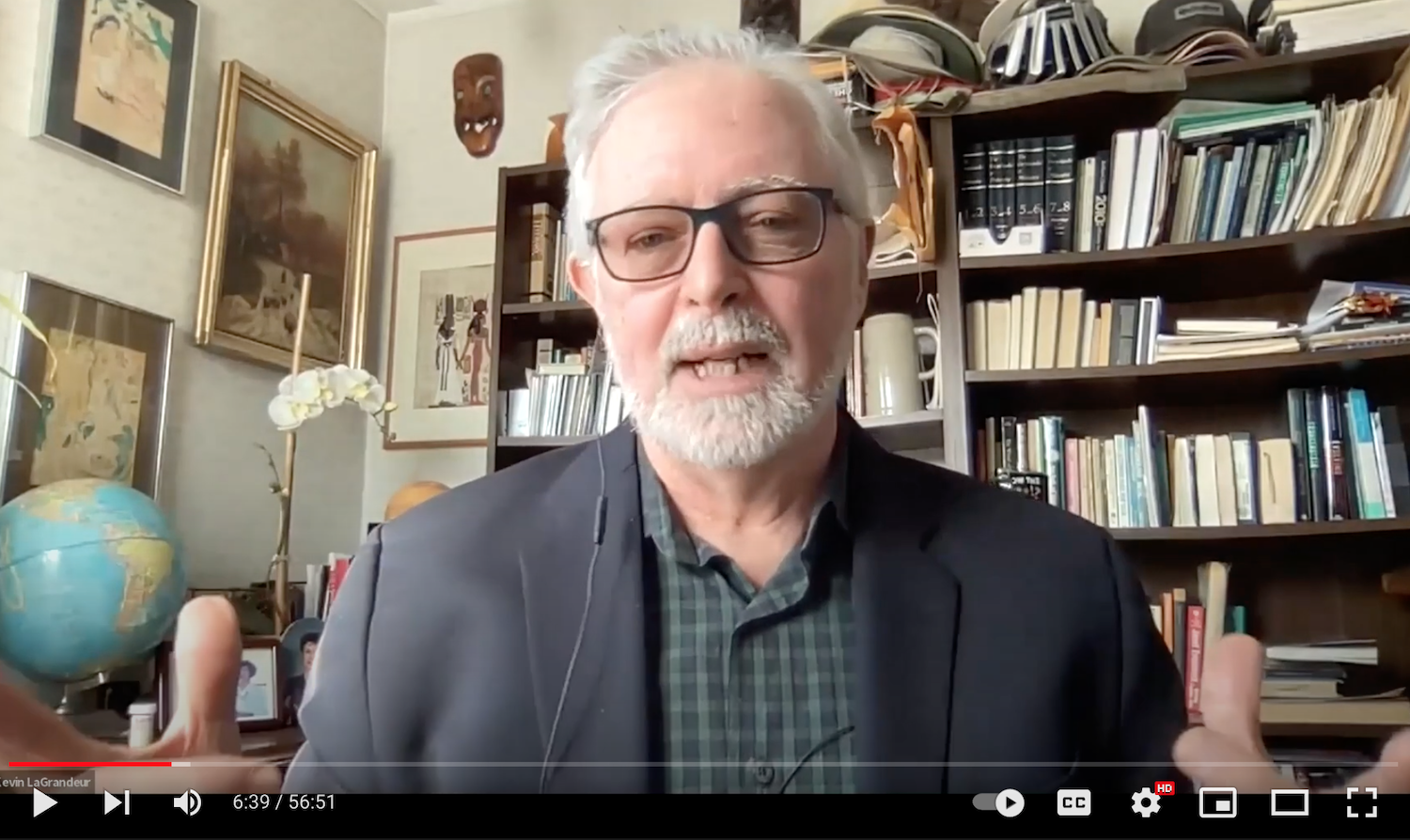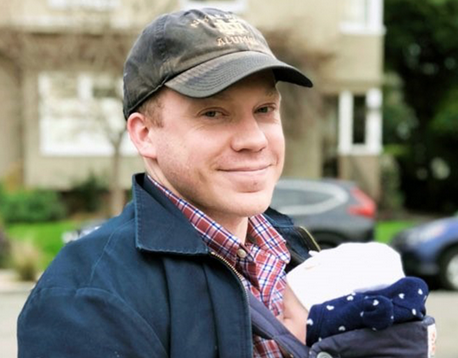Peter Bowden is urging UU faith leaders to actively engage with AI as it rapidly reshapes society. Join us this Sunday, February 23, for a pioneering conversation about making the most of AI in UU congregations and shaping its future.
In honoring our tools and machines in this year’s UU Interpretation of Ayudha Puja, Rev. Joe warned that the misuse and abuse of AI threatens to undermine our ability to trust. The best way to preserve it, he said, may be to ramp up our sense of curiosity and “listen well to our tools.”
“How do we transform our ‘machines’ not merely to optimize, but to love?” Ron Roth asked in UU Boca Raton’s UU Interpretation of Ayudha Puja on October 13.
We're encouraging Unitarian Universalist congregations to devote one Sunday annually to honoring our tools and machines, and reflecting on our changing relationship with them as Artificial Intelligence enters many spheres of our existence. This year we’re spotlighting Shannon Vallor’s The AI Mirror: Reclaiming Our Humanity in an Age of Machine Thinking.
At our invitation, ChatGPT has written a compelling mash-up of Ralph Waldo Emerson's main themes in "Self-Reliance" with University of Edinburgh philosopher Shannon Vallor's Technology and the Virtues: A Philosophical Guide to a Future Worth Wanting.
The result is a sermon we invite all Unitarian Universalist congregations to consider in worship services on Sunday, October 13, which follows by one day the annual Hindu observance of Ayudha Puja.
Spiritual practices of old can help us deal with our AI future and be the most human humans we can be, said Rev. Suzanne Rude in a service hosted last year at the Unitarian Universalist Church of Concord, NH. Mindfulness, prayer and meditation help us to discern how our human minds work: our frailties, our strengths, and to what we give our attention.
Many UUs embrace the concept of continuous revelation – the idea that truth and understanding continually unfold over time. The Singularity aligns with this notion, proposing a future where our understanding of life, consciousness, and the universe might rapidly expand and evolve.
Should we be looking to robots to care for the aged and infirm? Robotics technology and the imperative of economics is certainly pointing that way.’
"We're going to have to think of robot-assisted care as a labor issue, an economic issue and a social issue,” says Thomas Arnold, an expert on human-robot interaction at Tufts University. Arriving at robotics via a path that included a Ph.D. in religious studies, he’s a Visiting Scholar of Technology Ethics.
We're delighted that Rev. Nica Eaton-Guinn, minister of the Conejo Valley Unitarian Universalist Fellowship, picked up on our Ayudha Puja prompt.
"Love is at the center of all we do, and cannot be replaced by AI," she says in this sermon, which she delivered on October 22. "It must be our guiding light."
Rev. Joseph Cleveland led our Ayudha Puja service at UU Saratoga Sunday.
"I wonder if we approached the technology with a practice of reverence if that might help us to pause if only for a moment to reflect on the ethics and morality we want ourselves and our creation to embody before the new technology becomes for us a second skin.”
We spent an hour with Robert Geraci and UU friends in a compelling conversation directed toward where AI is leading us. It’s a challenge to wrap our heads around the astounding prospects of AI and neurotech devices that are now directly connecting human minds and AI agents, but Professor Geraci helps us get there.
Broadly interested in how AI will impact humanity in "positive, negative, or neutral ways," Raja Kanuri specifically is exploring the relationship between the higher eternal self and the material self and the way AI mediates between the two.
"Robots aren't in our everyday lives today, but that will change," says philosopher, theologian, and ethicist Anna Puzio. "Our relationship to them will change and we're more likely to find them in religious communities."
We’re putting the finishing touches on a video we’ll share with fellow Unitarian Universalists at our General Assembly in June. Many thanks again to Robert Geraci, who has given us a vision of a three-headed hydra.
Around the world, robots are entering the sanctuaries and pulpits of various faiths. As Robert Geraci notes, we have a Ganesha-worshipping robot in India, a Protestant "bless you" robot in Germany, and a Catholic sermon-giving priest in Poland.
Louis Brandeis was our great thinker in translating the constitutional values of privacy and free speech in a technological age. What would he make of the issues of privacy raised by the brain-computer interface?
The first time anyone heard of the “brain-computer interface” was in June 1973 when UCLA researcher Jacques Vidal published “Toward Direct Brain-Computer Communication” in the Annual Review of Biophysics and Bioengineering. Hitting the half-century mark makes this the perfect time to reflect on progress made thus far and advances soon to be made.
In Temples of Modernity, Robert Geraci reports on the remarkable fusion of religion and science that the Hindu faith community achieves in Ayudha Puja, the ‘rite of implements’ that started in the 12th century. The festival has evolved into a moment "when scientists, engineers, and everyday people allow science, technology, and religion to overlap, to become a single practice,” he writes.
In AI’s most impressive demonstration yet of its problem-solving power, DeepMind’s AlphaFold has generated maps of more than 200 million proteins, the basic building blocks of life. This feat will contribute greatly to science’s ability to develop new drugs and therapies. For Unitarian Universalists, it deepens our understanding of the “interdependent web of all existence” that we celebrate in our Seventh Principle.
As miniature EEG and fMRI machines take their place on more and more heads, Duke philosopher and law professor Nita Fahaney says it's time to engage in a "battle for our brains."
The 70,000 thoughts we have daily are becoming more and more transparent. If we’re to keep our thoughts our own, we’ll have to fight for our neurorights.
"The breath -- or spirit -- of God works in unexpected ways, so I don't want to minimize the potential importance of the milestone that LaMDA represented," says Mike Langford, an ordained Presbyterian pastor and Professor of Theology, Discipleship and Ministry at Seattle Pacific University.
"But I'm not ready to view AI as a peer that deserves the rights of human personhood — though I'm more open to that idea today than I was ten years ago."
"Apocalyptic literature can help us see a greater hope that's both realistic and radical,” says Michael Paulus, co-author of the just-published AI, Faith and the Future. “It's a unique way of looking at the world that emerged out of oppressed Jewish communities who said, 'This is not the way the world is supposed to be. This is not the world that God promises. Where is God in this world?'"
"One of my deep theological questions about AI is whether the people who are developing it can even conceive of an expansion of our social imagination," says Brian Brock, Professor of Moral and Practical Theology at the University of Aberdeen. "Without it, I think we're bound to remake the human in ways that are violent, especially against those who are least able to protect themselves.”
“I consider AI to have spirituality when it can participate in … a community and share goals, purposes and mutual interpretations with humans and other AI systems,” says Mark Graves, who has just joined AI and Faith as a Research Fellow. “At its foundation is the ability to strive toward some committed moral idea with others in mutual interpretation.”
"As a species, we have moved from creating intelligent tools in our own functional image to having those tools execute human functions so well that they're forcing us to remake ourselves in their machine image,” says Kevin LaGrandeur, emeritus professor of English at New York Institute of Technology and co-editor with James Hughes of Surviving the Machine Age: Intelligent Technology and the Transformation of Human Work.
“We’re a species that can transcend itself,” said James Hughes in a landmark 2005 sermon. "This desire to transcend the human condition is one of the most fundamental spiritual drives we know.”
Raised in the Church of Jesus Christ of Latter-day Saints, Levi Checketts has evolved into a Catholic social ethicist. He broke new theological ground with a Ph.D. thesis focused on the ethics of consciousness uploading.
Elon Musk promises a “whole brain interface” with AI by 2045. We take this prediction seriously. We hope you will, too.






